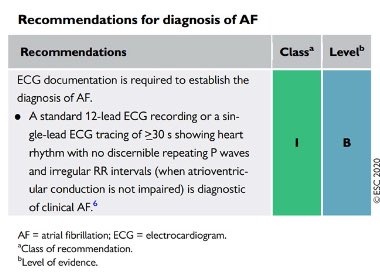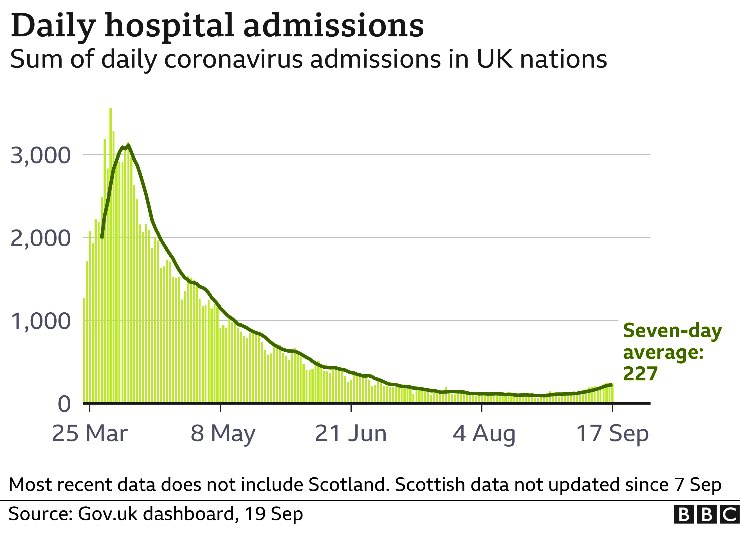‘Very short episodes (≤10-20 s/day) of AHRE/subclinical #AFib are irrelevant, as not associated with longer episodes or increased risk of #stroke / systemic embolism. However, longer episodes (minimum 5-6 min) are associated with increased risk of #AF, ischaemic stroke & MACE’
2020 ESC Guidelines for the diagnosis and management of #AtrialFibrillation #ESCCongress : academic.oup.com/eurheartj/adva…
‘Notably, patients with subclinical #AF/AHRE may develop atrial tachyarrhythmias lasting more than 24 h or clinical #AFib; hence careful monitoring of these patients is recommended, even considering remote monitoring, especially with longer AHRE & higher risk profile.’
‘Given the dynamic nature of #AtrialFibrillation as well as #stroke risk, a recorded duration in one monitoring period would not necessarily be the same in the next.’
... & ... #ESCCongress 

• • •
Missing some Tweet in this thread? You can try to
force a refresh






